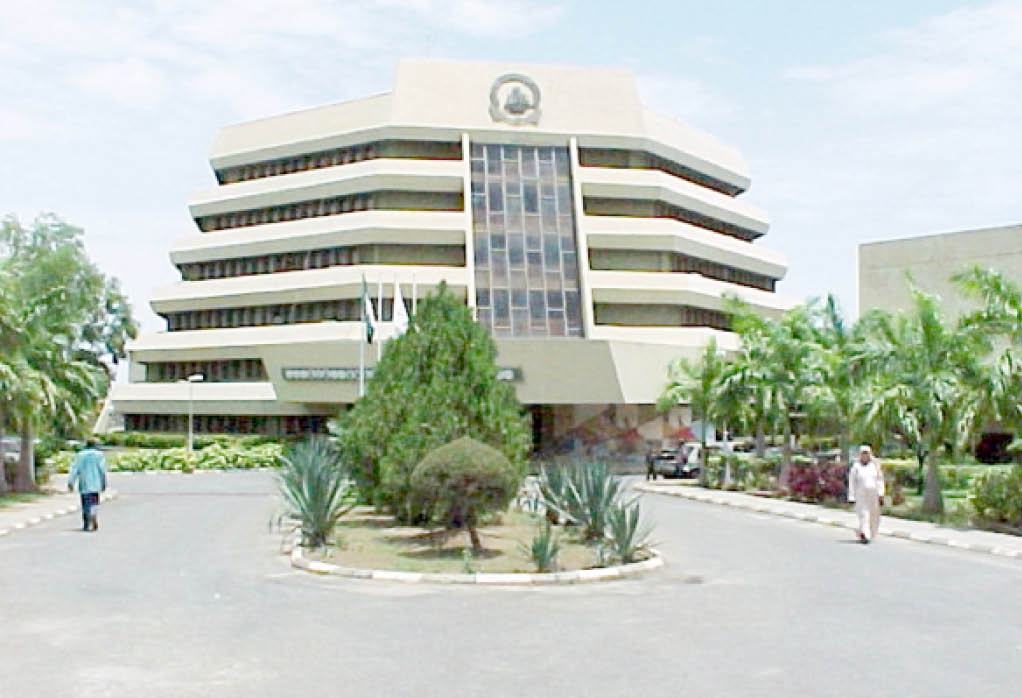The Federal Government says at least 270 universities are currently seeking license to operate in Nigeria.
Executive Secretary of the National Universities Commission (NUC), Dr. Chris Maiyaki, stated this at the British Council Insight and Engagement Workshop on Thursday in Abuja.
He said in efforts to improve access and quality of higher education in Nigeria, the space has been opened for foreign institutions to contribute and be active players in providing and expanding access to university education.
He said it was done because of globalization and the fact that university enterprise must be seen to demonstrate international attributes.
“We recently consummated our guidelines on transnational education under, which foreign universities are now at liberty to come and contribute and be active layer in providing and expanding access to university education,” he said.
“In spite of having 270 universities in the country and still working on expanding universities, the commission has over 270 applications for new private universities.”
While noting that the guidelines were under six competitive models, he said they cannot continue to close their doors on transnational education.
“We are not expanding universities and treating the issue of the quality or the requisite manpower with levity, it is a very strategic plan for every university that is established, there is a concomitant and power planning over that. We also have the mentoring universities, which are the older universities assigned to mentor the new universities,” he said.
He said there is an aggressive policy of postgraduate development where they think they should scale up doctorial training of their staff and create opportunity for them to broaden their pedagogical skills to cope with the ever expanded higher education landscape.
“We are not going to stop expanding because as I have said, you expand and strategically plan for the manpower, you provide the ecosystem for learning. I think this is the challenge that all stakeholders must put their hands on deck to solve,” he said.
“Nigeria is a destination for foreign universities to come because Nigerians are found all over the world pursuing stable university education and we think with the constrain of foreign exchange, distance and cultural barrier among several other factors are high time these universities now come to Nigeria so that they can partner with our institutions and derive maximum benefits from operating from Nigeria.”
Speaking, the British Council Director of Programmes, Chikodi Onyemerela, said the idea of the workshop is how Nigeria university system can work with UK university system to strengthen quality, pedagogy, research collaboration and other components of university system for ultimate objective to improve outcome.
He said: “Competition and opportunities are now global; it is important for Nigeria and university systems globally to benchmark their practice, be it in curriculum, pedagogy research output and processes with what is obtainable globally so that we can be competitive as a nation.
“Transnational education has increasingly become a crucial component of higher education, as globalisation and digital technologies have made it simpler for institutions to operate across borders. In a world that is becoming increasingly interconnected, the concept of education transcending boarders is of paramount importance. Transnational Education Partnerships are a powerful tool in bridging geographical, cultural, and educational divides.”
Speaking, the Vice Chancellor of University of Jos, Prof Tanko Ishaya, said as far as the academia are concern, they believed that this is very timely.
“We are happy that NUC has brought in variety of models for transnational education that Nigerian higher institutions and individuals can key into today, we are looking at some of the models from UK to fit in to the ones we have here in Nigeria.”
“We have had a free education concept as far as university and higher education is concern, during that time the government managed to sustain the education but as the population grow and the need for access to higher education, the funding has dwindled and it is indeed the right time to reflect and review to bring a more sustainable model for funding higher education in Nigeria,” he said.
The Vice Chancellor of Azman University, Kano, Prof Fatima Batul Mukhtar, said the transnational education would benefit the university system, especially the fact that they have programmmes that are not offered in any universities in Nigeria, such as Aviation, which she said they are pioneering.
She said in terms of staff that will handle the courses, they are already communicating with a university in the UK to see if they can get some of the people to teach online and that is why the programme is important to her.

 Join Daily Trust WhatsApp Community For Quick Access To News and Happenings Around You.
Join Daily Trust WhatsApp Community For Quick Access To News and Happenings Around You.


